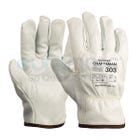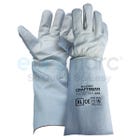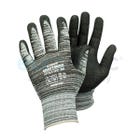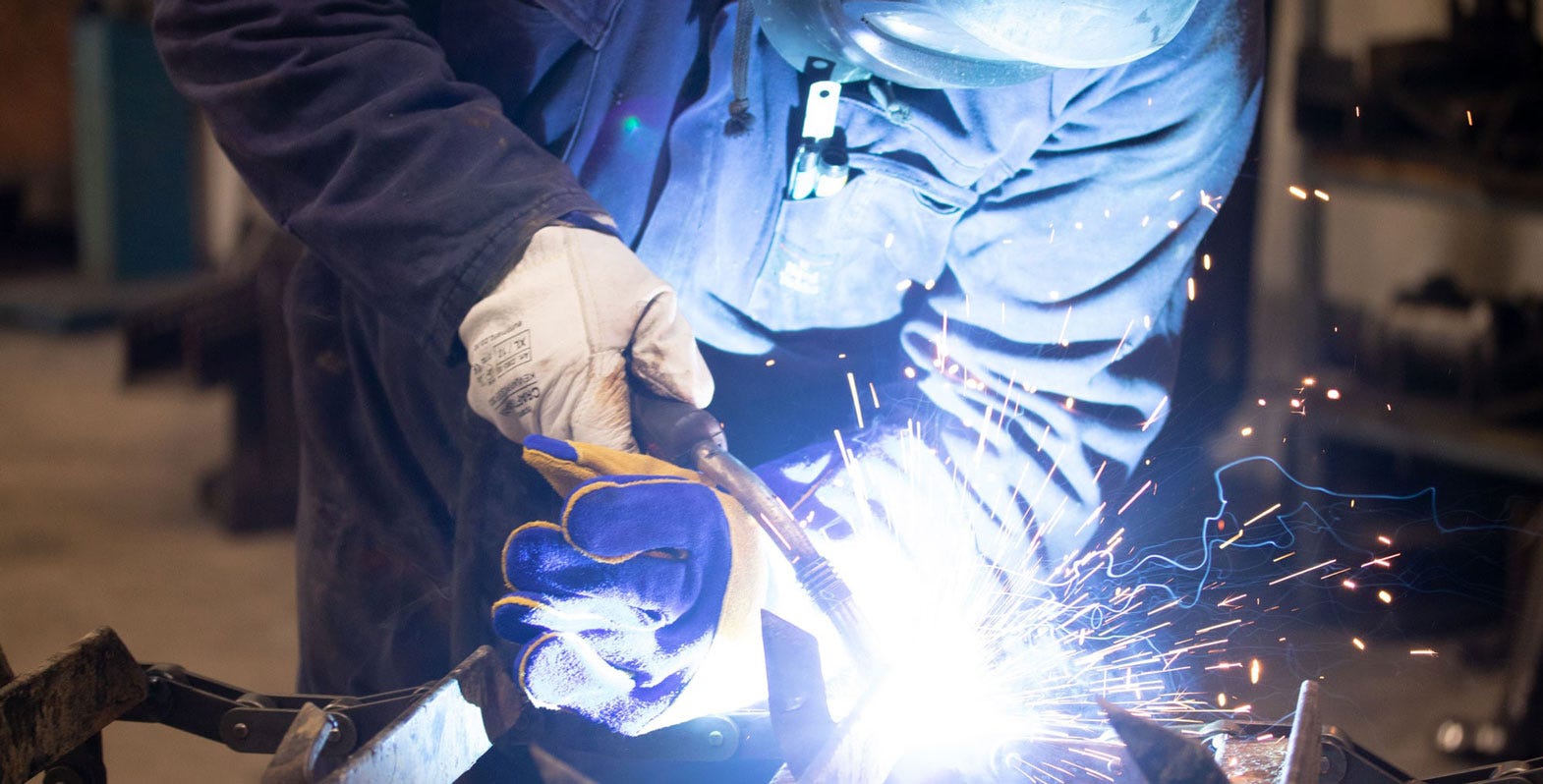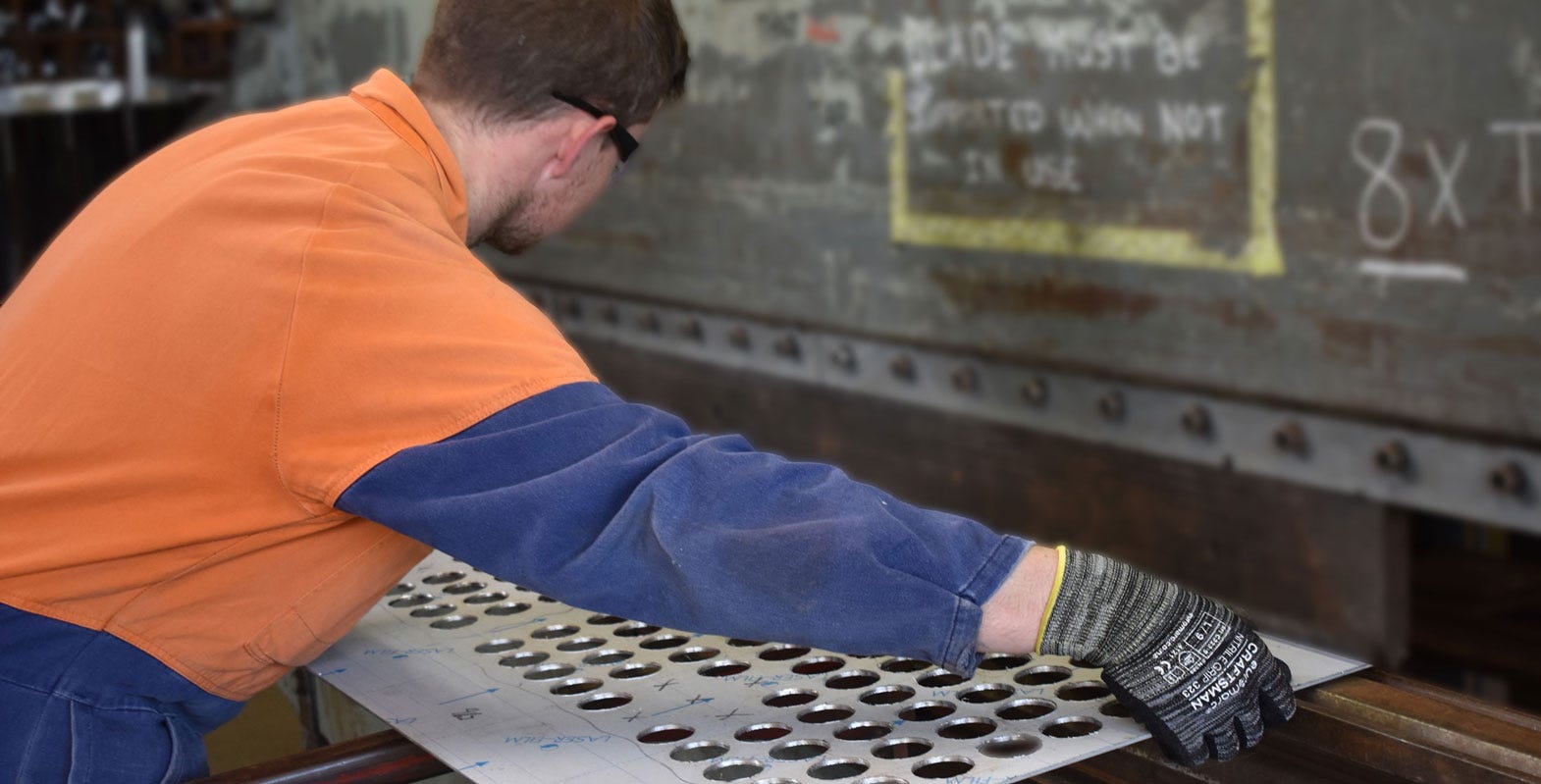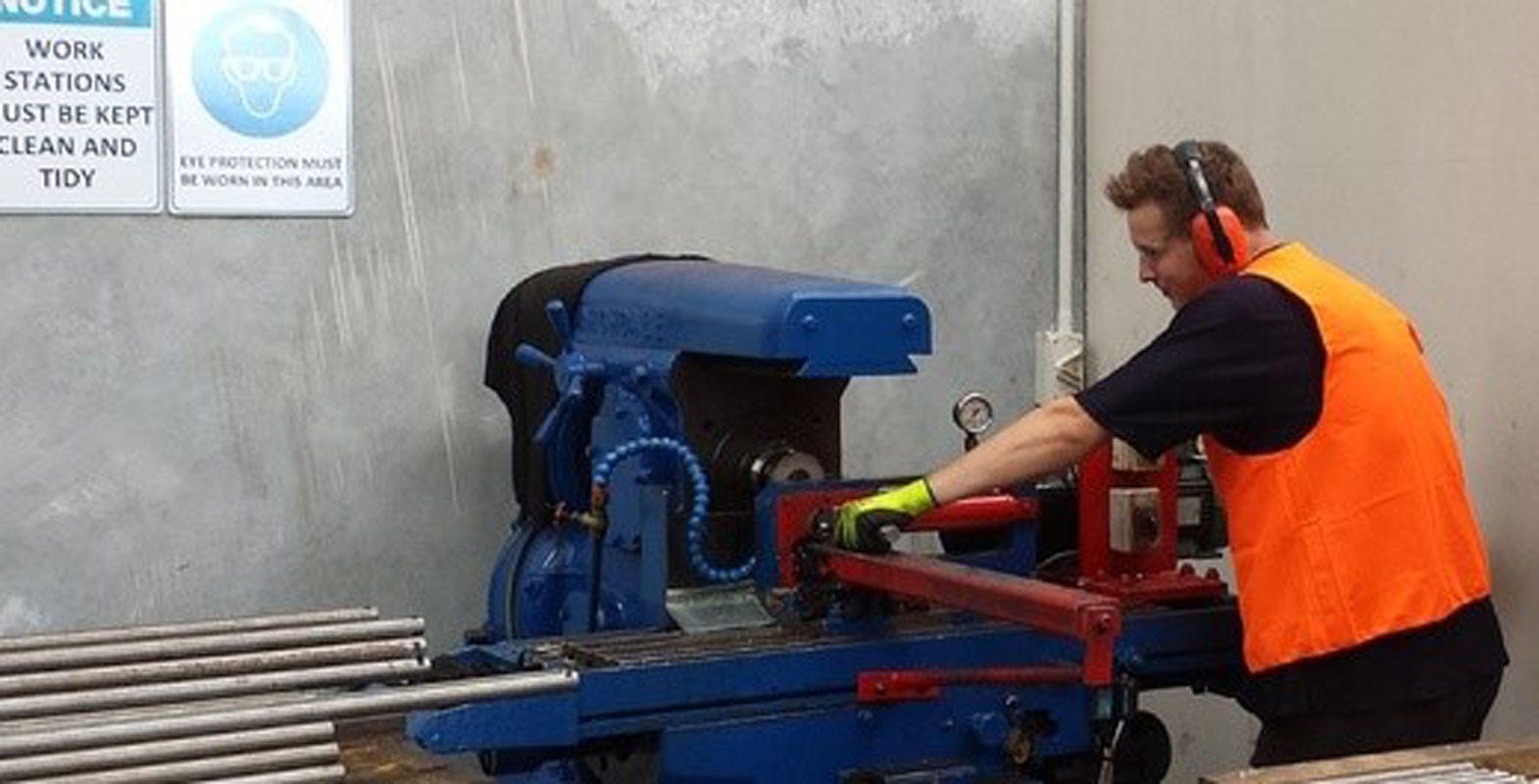5 of the best excuses for not wearing safety gloves
Rough, callused hands are often seen as a symbol of hard work, endurance and strength. A scar here and there is something to be proud of. With great grip strength, and an acclimatised sense of the workshop environment, your hands are your no.1 tool. So why cover them up when you don't need to? Here's 5 of the best excuses for not wearing safety gloves...
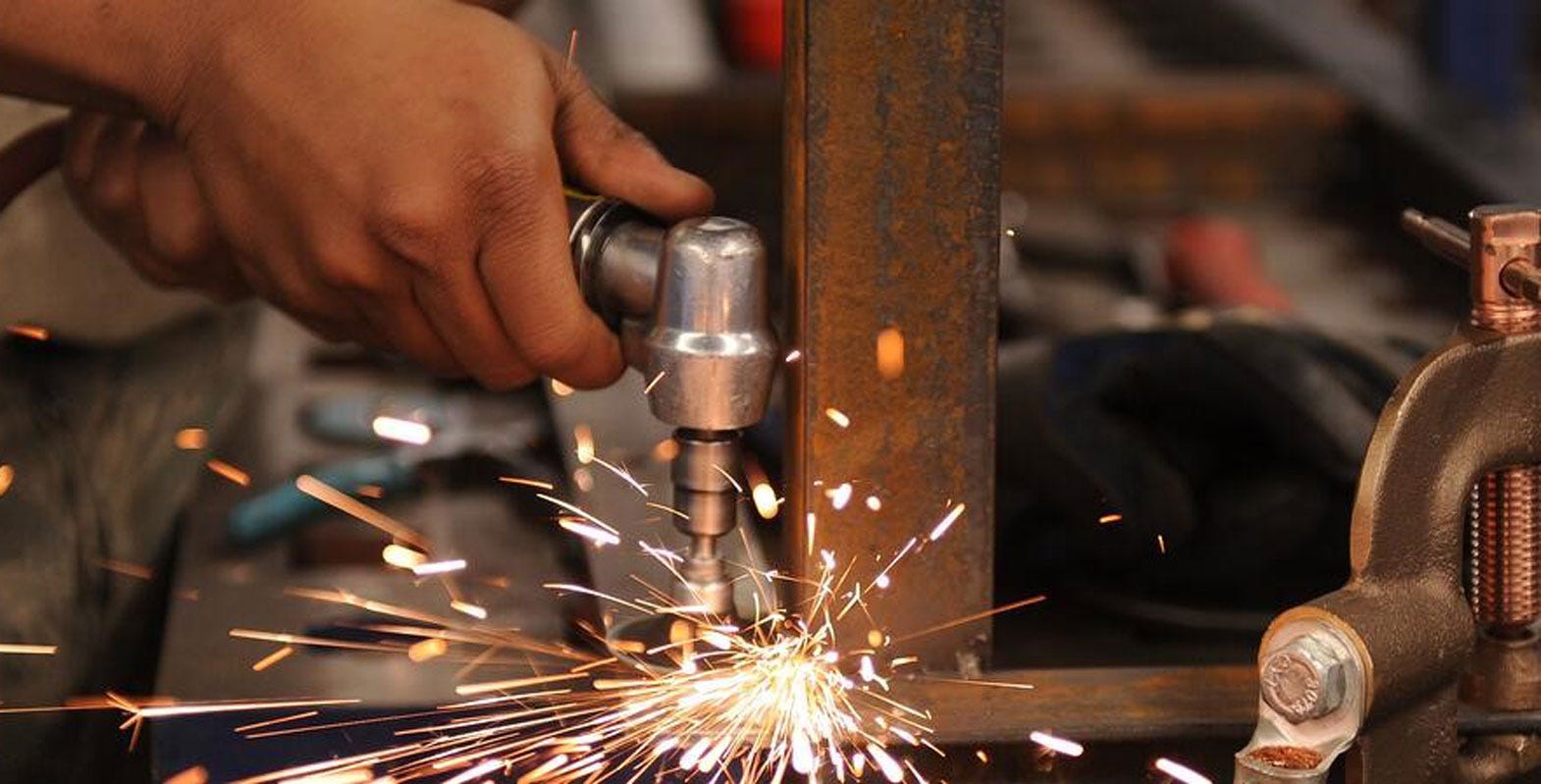

Well gloves are a bit like seat belts - evidence shows you are far, far more likely to incur a hand injury if you don't wear them, or if you are wearing inadequate ones for the job at hand. In fact, wearing gloves is proven to be one of the most effective methods of injury prevention in the workshop.
So why is it so hard to get workers to wear them? Here's some of the best excuses/misconceptions around safety gloves, and the truth behind them...
1. ' I find just having bare hands are fine'
Try explaining that one to WorkSafe if you're caught out!
This is just another way of saying you don't see the value in wearing gloves. If that's the case you're probably wearing the wrong gloves for the job. We often find workers with this excuse are being required to wear gloves that are unsuitable. Usually this is either due to incorrect sizing, or failure to provide job specific gloves.
The truth is, with the right glove, the gloves should not only protect hands, but make tasks easier (ie. reduce hand fatigue, increase grip.) When selecting the best glove for the job, consider the following requirements:
- Glove fit
- Dexterity vs safety
- Grip
- Hand & arm comfort
Solution:
Select gloves specifically designed for the tasks being performed, ensuring good fit, performance, and comfort.
2. 'Gloves get in the way of good grip'
Once again the trick here is getting the right grip glove for the job. There's a huge range of grip gloves available, designed for specific jobs. For example, some have coatings to provide maximum grip, while others provide for a grip and release technique, some are designed for oily/slippery conditions, and others for dry.
Grip gloves are not just to provide a good grip, they are also for enhancing your grip so your hands are under less stress, and you are less likely to suffer from hand fatigue.
Solution:
Equipping workers with gloves that will perform to their tasks should mean, no more excuses! The CRAFTSMAN Nitrile Grip 323 Gloves were designed with engineers in mind, taking common complaints and developing gloves that get the job done - find out more here.


3. 'My hands get sweaty and slippery'
Not surprising when performing manual work in hot conditions. Even so, some people just get sweatier hands than others. Either way, that feeling of having sweat pooling inside your glove is not really desirable. Luckily, there are lots of work gloves designed with breathable linings or ventilation holes to combat the issue.
Solution:
Try the new CRAFTSMAN Nitrile Grip 323 or Cut Resistant 325 gloves with a flexible 15-gauge seamless polyamide and spandex liner for increased feel, comfort and breathability. Unlike other gloves, the CRAFTSMAN range are dipped so that the coating is only attached to the outer layer of the glove, and does not soak through to the lining. This means allows for better grip inside the glove, and sweat can be absorbed in the lining and dry fast.
4. 'I work with major machinery that rotates - gloves actually lead to injuries'
This is true! Entanglement in a rotating machine is a very real workplace hazard, and where possible, it is best to avoid wearing gloves when working with this type of machinery. If you do need to wear gloves (ie. the machinery uses sharp objects) then gloves should be tight and form-fitting, and of a variety specifically chosen to reduce the risks of entanglement.
Solution:
When working with rotating machinery, don't wear gloves unless it is necessary (ie. working with sharp objects). In this case wear tight, form fitting gloves like the CRAFTSMAN Cut Resistant 325's.
5. 'I've got sensitive skin'
Actually skin irritation is one of the most common reasons people don't want to wear gloves. But the truth is, skin irritation is unlikely to be from the gloves, and if it is, there are options to help. Read more here
 Need assistance?
Need assistance?

